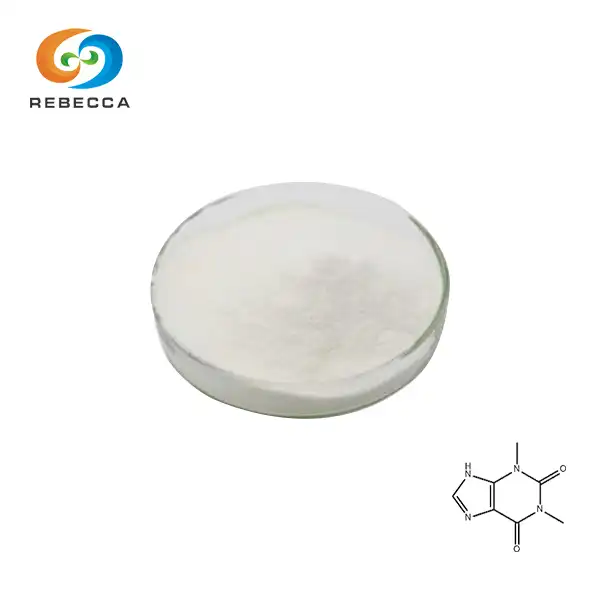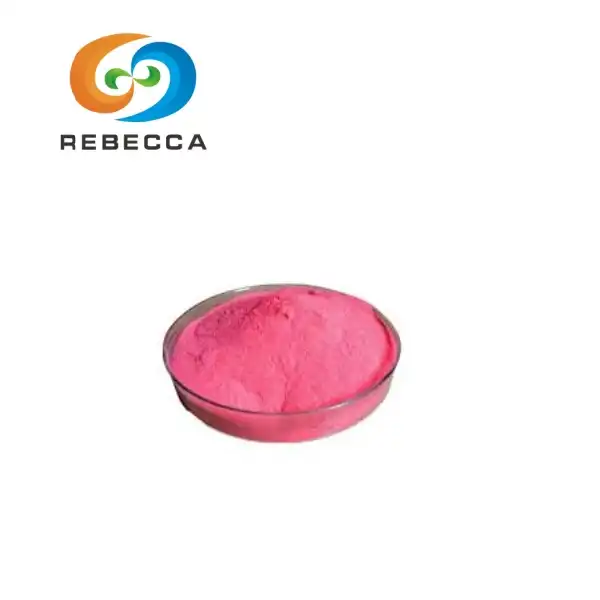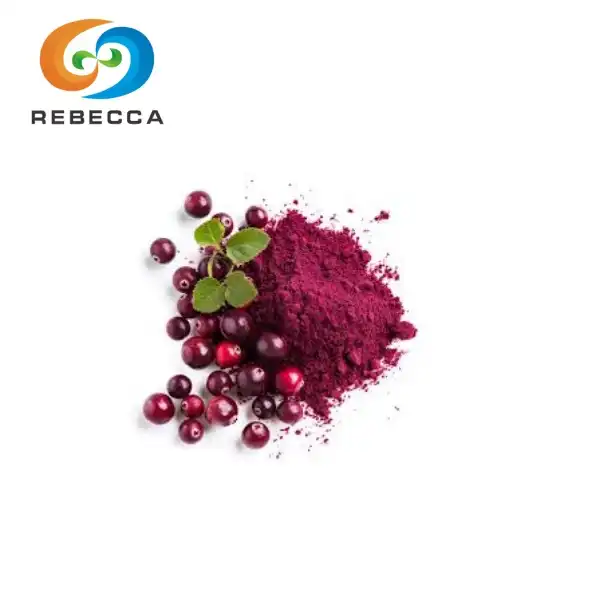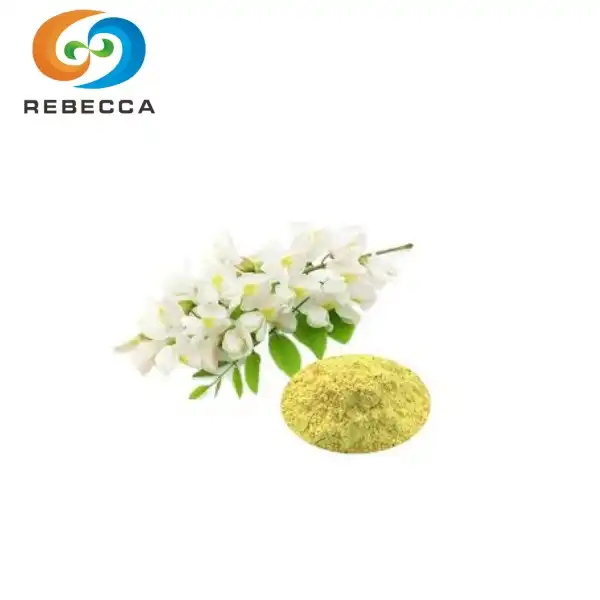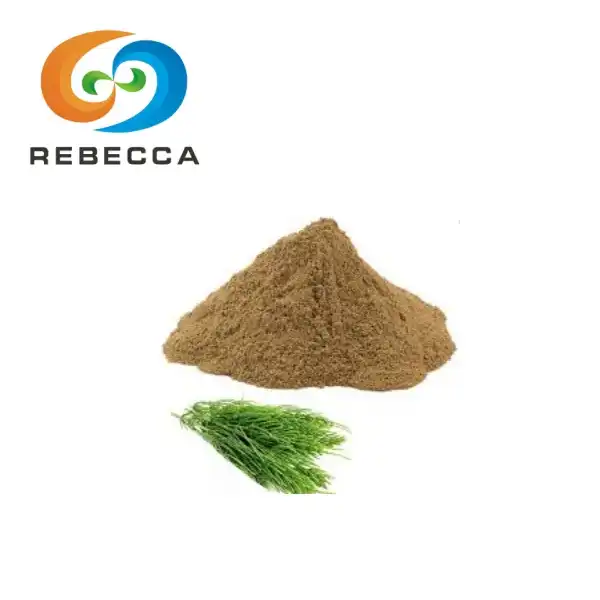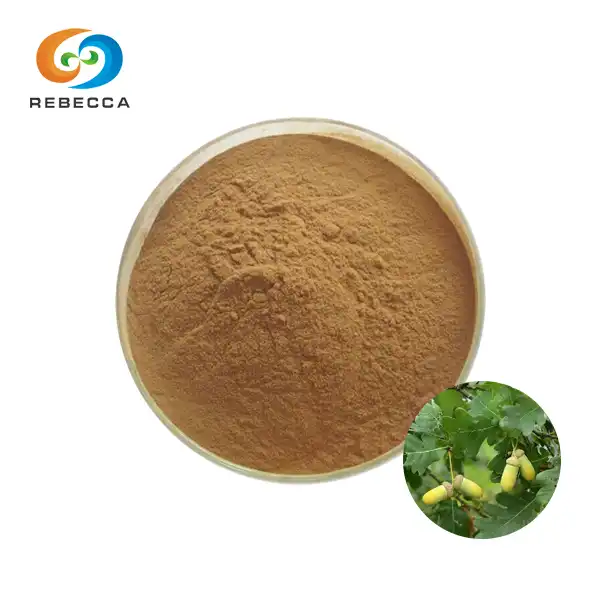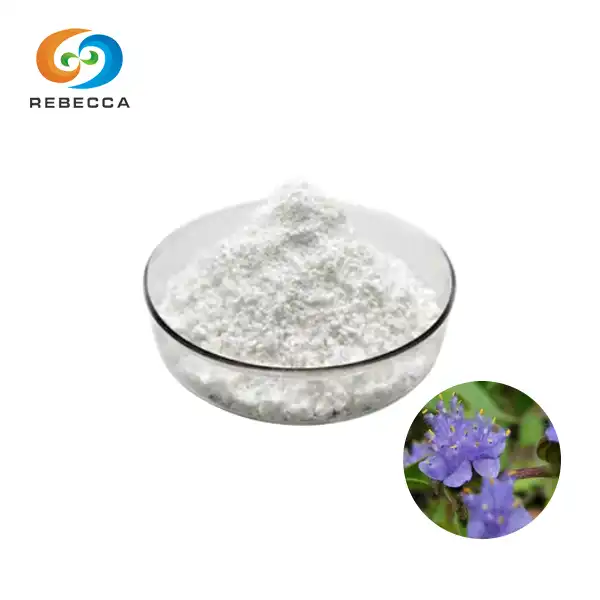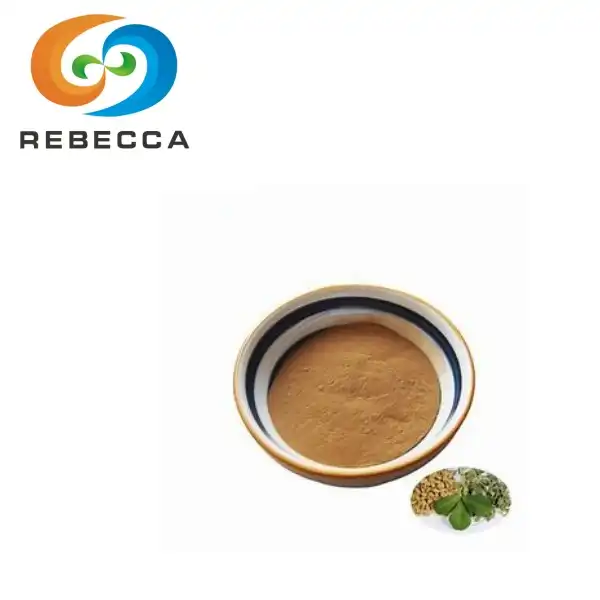Which vitamin B12 is better methylcobalamin or cyanocobalamin?
Vitamin B12 is an essential nutrient that plays a crucial role in various bodily functions, including red blood cell formation, neurological health, and DNA synthesis. When it comes to supplementation, two forms of vitamin B12 are commonly available: methylcobalamin and cyanocobalamin. This article will explore the differences between these two forms, the benefits of cyanocobalamin powder, and how to choose the right vitamin B12 supplement for your needs
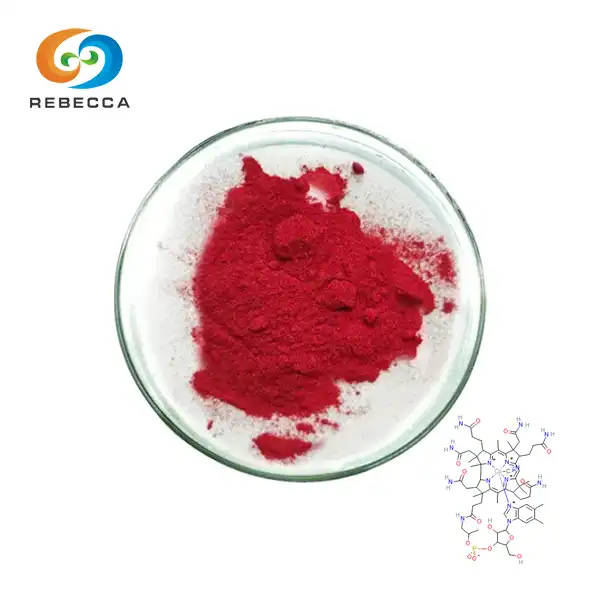
Product Name:Vitamin B12 (Cyanocobalamin)
CAS No.:68-19-9
Molecular Formula:C63H88CoN14O14P
Apparence:red powder
Specification: 99%
Test Method: HPLC
Key differences between cyanocobalamin and methylcobalamin
Understanding the distinctions between cyanocobalamin and methylcobalamin is crucial for making an informed decision about which form of vitamin B12 to supplement with. Let's delve into the key differences:
Chemical structure and composition
Cyanocobalamin is a synthetic form of vitamin B12 that contains a cyanide molecule. Its chemical formula is C63H88CoN14O14P, with a complex organic ring structure centered around a cobalt atom. This form is highly stable and commonly used in supplements and fortified foods. Methylcobalamin, on the other hand, is a naturally occurring form of vitamin B12 found in animal-based foods. It contains a methyl group instead of a cyanide molecule, making it more bioavailable and ready for immediate use by the body.
Absorption and bioavailability
Both forms of vitamin B12 are absorbed in the small intestine, but their pathways differ slightly. Cyanocobalamin powder must first be converted to methylcobalamin or adenosylcobalamin (another active form) before the body can utilize it. This conversion process requires additional steps and energy from the body. Methylcobalamin, being an active form, can be directly used by the body without requiring conversion. This potentially leads to faster absorption and higher bioavailability, especially in individuals with compromised methylation processes.
Retention and storage
Research suggests that methylcobalamin may be retained in the body's tissues for a longer duration compared to cyanocobalamin. This extended retention could potentially lead to more sustained vitamin B12 levels over time. Cyanocobalamin, while not retained as long, is still effectively stored in the liver and other tissues. The body can draw upon these stores as needed, converting cyanocobalamin to active forms when required.
Specific health benefits
While both forms ultimately provide vitamin B12 to the body, some studies indicate that methylcobalamin may have additional benefits in certain areas:
- Neurological health: Methylcobalamin has shown promise in supporting nerve regeneration and may be more effective in treating peripheral neuropathy.
- Sleep regulation: Some research suggests that methylcobalamin may help regulate circadian rhythms and improve sleep quality.
- Cognitive function: Methylcobalamin's direct availability may offer enhanced support for cognitive processes and brain health.
Cyanocobalamin, while not demonstrating these specific benefits to the same degree, is still highly effective in addressing vitamin B12 deficiency and supporting overall health.

Benefits of cyanocobalamin powder for vitamin B12 support
Despite the potential advantages of methylcobalamin, cyanocobalamin powder remains a popular and effective choice for vitamin B12 supplementation. Let's explore the benefits of this form:
Stability and shelf life
Cyanocobalamin powder is renowned for its exceptional stability. Its chemical structure allows it to withstand various environmental factors, including light, heat, and humidity. This stability translates to a longer shelf life, making cyanocobalamin powder an ideal choice for supplement manufacturers and consumers alike.
Cost-effectiveness
The production process for cyanocobalamin is generally more economical than that of methylcobalamin. This cost-effectiveness allows for more affordable supplementation options, making vitamin B12 support accessible to a broader range of individuals.
Versatility in formulations
Cyanocobalamin powder's stability and solubility properties make it highly versatile for use in various supplement formulations. It can be easily incorporated into tablets, capsules, liquids, and even fortified foods, providing manufacturers with flexibility in product development.
Proven efficacy in treating deficiency
Numerous clinical studies have demonstrated the effectiveness of cyanocobalamin in treating vitamin B12 deficiency. It has been successfully used for decades to address symptoms associated with low B12 levels, including anemia, neurological issues, and fatigue.
Standardized dosing
The stability of cyanocobalamin allows for more precise and consistent dosing in supplements. This standardization ensures that consumers receive a reliable amount of vitamin B12 with each dose, supporting accurate supplementation regimens.
Conversion to active forms
While cyanocobalamin requires conversion in the body, this process is generally efficient in healthy individuals. The body converts cyanocobalamin to methylcobalamin and adenosylcobalamin as needed, allowing for a regulated supply of active vitamin B12 forms.
How to choose the right form of vitamin B12 supplement?
Selecting the appropriate form of vitamin B12 supplement depends on various factors. Consider the following aspects when making your decision:
Individual health status
Your current health condition plays a crucial role in determining which form of vitamin B12 may be most beneficial:
- Methylation efficiency: Individuals with genetic variations affecting methylation pathways may benefit more from methylcobalamin.
- Liver function: Those with compromised liver function might find methylcobalamin more suitable, as it doesn't require hepatic conversion.
- Neurological concerns: For individuals with specific neurological issues, methylcobalamin may offer additional benefits.
Dietary considerations
Your dietary habits can influence your choice of vitamin B12 supplement:
- Vegan or vegetarian diets: These diets often lack natural sources of vitamin B12, making supplementation crucial. Both forms can be effective, but cyanocobalamin may be more readily available in vegan-friendly supplements.
- Fortified food consumption: If you regularly consume foods fortified with vitamin B12 (often in the form of cyanocobalamin), this may influence your supplement choice.
Absorption capabilities
Consider factors that may affect your body's ability to absorb vitamin B12:
- Age: Older adults may have reduced absorption due to decreased stomach acid production. In such cases, methylcobalamin or sublingual cyanocobalamin formulations may be beneficial.
- Gastrointestinal conditions: Individuals with conditions affecting nutrient absorption may benefit from methylcobalamin or alternative delivery methods like injections.
Specific health goals
Your health objectives can guide your choice of vitamin B12 form:
- General health maintenance: For overall wellness, both forms can be effective.
- Neurological support: If targeting nerve health is a priority, methylcobalamin might be preferable.
- Energy production: Both forms support energy metabolism, but some individuals report quicker results with methylcobalamin.
Consultation with healthcare provider
Before starting any new supplement regimen, it's crucial to consult with a healthcare professional. They can assess your individual needs, consider potential interactions with medications, and recommend the most appropriate form and dosage of vitamin B12 for your specific situation.
Quality and purity considerations
Regardless of the form you choose, prioritize high-quality supplements from reputable manufacturers. Look for products that undergo third-party testing for purity and potency. Cyanocobalamin powder from trusted sources, such as Shaanxi Rebecca Bio-Tech Co., LTD, offers exceptional purity and ease of absorption, meeting the rigorous demands of various industries.
Dosage and frequency
Consider the recommended dosage and supplementation frequency when choosing between cyanocobalamin and methylcobalamin. Cyanocobalamin often requires less frequent dosing due to its stability and storage in the body, while methylcobalamin may need more regular supplementation to maintain optimal levels.
Personal response and tolerance
Ultimately, individual response to different forms of vitamin B12 can vary. Some people may find they feel better or experience more noticeable benefits with one form over the other. It may be worth trying both forms (under professional guidance) to determine which works best for you.
Conclusion
Both cyanocobalamin and methylcobalamin offer effective vitamin B12 supplementation, each with its unique advantages. Cyanocobalamin powder stands out for its stability, cost-effectiveness, and versatility in formulations. It has a proven track record in treating B12 deficiency and offers standardized dosing. Methylcobalamin, while potentially offering additional neurological benefits and higher bioavailability, may be more suitable for specific health conditions. The choice between these two forms depends on individual health status, dietary considerations, absorption capabilities, and specific health goals. Consulting with a healthcare provider is crucial for determining the most appropriate form and dosage for your needs.
At Shaanxi Rebecca Bio-Tech Co., LTD, we specialize in producing high-quality cyanocobalamin powder using advanced production processes like high-temperature drying and ultra-fine grinding. Our commitment to quality ensures that our vitamin B12 powder retains maximum nutritional value and offers superior absorption. Whether you're in the pharmaceutical, healthcare, or nutraceutical industry, our cyanocobalamin powder can meet your stringent requirements for purity and efficacy. To learn more about our premium cyanocobalamin powder and other natural herbal extracts, please contact us at information@sxrebecca.com.
FAQ
Is cyanocobalamin powder safe for long-term use?
Yes, cyanocobalamin powder is generally safe for long-term use when taken as directed. It has been extensively studied and used for decades in vitamin B12 supplementation.
Can cyanocobalamin powder be used in vegan supplements?
Absolutely. Cyanocobalamin powder is synthetic and not derived from animal sources, making it suitable for vegan supplements.
How does the absorption of cyanocobalamin compare to methylcobalamin?
While methylcobalamin is directly bioavailable, cyanocobalamin is efficiently converted to active forms in the body. For most people, both forms are well-absorbed and effective.
What is the recommended dosage for cyanocobalamin powder?
Dosage can vary based on individual needs and health status. It's best to consult with a healthcare provider for personalized recommendations.
Does Shaanxi Rebecca Bio-Tech Co., LTD offer custom formulations with cyanocobalamin powder?
Yes, we can work with clients to develop custom formulations tailored to specific requirements. Contact us at information@sxrebecca.com for more information.
References
1. Obeid, R., Fedosov, S. N., & Nexo, E. (2015). Cobalamin coenzyme forms are not likely to be superior to cyano- and hydroxyl-cobalamin in prevention or treatment of cobalamin deficiency. Molecular Nutrition & Food Research, 59(7), 1364-1372.
2. Thakkar, K., & Billa, G. (2015). Treatment of vitamin B12 deficiency–Methylcobalamin? Cyancobalamin? Hydroxocobalamin?—clearing the confusion. European Journal of Clinical Nutrition, 69(1), 1-2.
3. Carmel, R. (2008). How I treat cobalamin (vitamin B12) deficiency. Blood, 112(6), 2214-2221.
4. Hannibal, L., Lysne, V., Bjørke-Monsen, A. L., Behringer, S., Grünert, S. C., Spiekerkoetter, U., ... & Blom, H. J. (2016). Biomarkers and algorithms for the diagnosis of vitamin B12 deficiency. Frontiers in Molecular Biosciences, 3, 27.
5. Green, R., Allen, L. H., Bjørke-Monsen, A. L., Brito, A., Guéant, J. L., Miller, J. W., ... & Yajnik, C. (2017). Vitamin B12 deficiency. Nature Reviews Disease Primers, 3(1), 1-20.
_1730691017423.webp)










